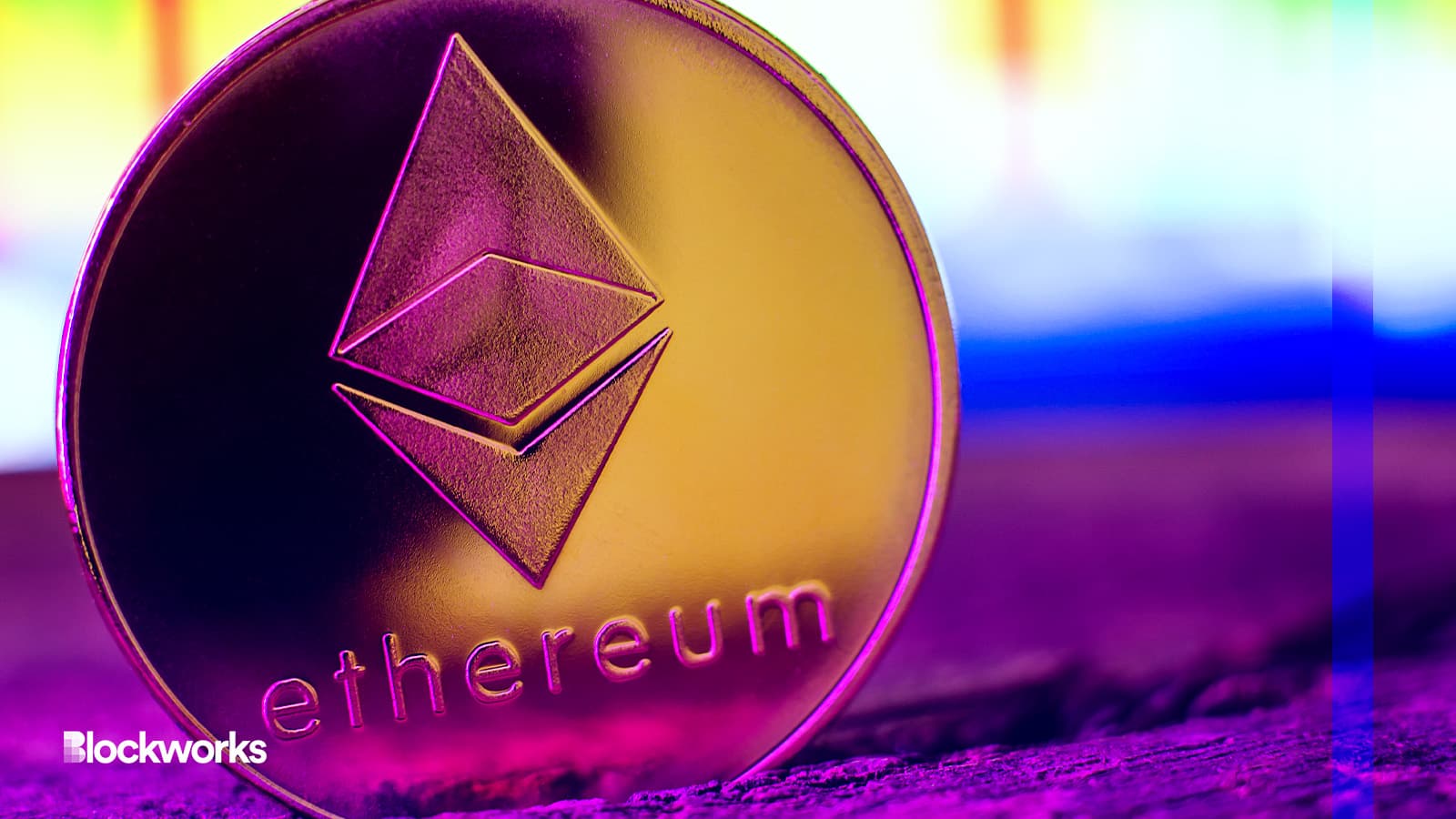Ether.fi steps closer to liquid restaked token for EigenLayer
eETH will enable users to earn higher APY’s at an uncapped amount, ether.fi CEO said

Anastasiya Shatyrova/Shutterstock modified by Blockworks
Staking solution provider ether.fi is bringing a native restaked token, eETH, to EigenLayer.
Once launched, users will be able to stake their ether on ether.fi, which will then automatically be restaked on EigenLayer, enabling them to earn additional rewards on their staked ether.
Eigenlayer currently has a total value locked (TVL) of $209.7 million in its staking contract, according to information available on DeFiLlama, but locked ether is illiquid, and ether.fi’s product will allow stakers to quickly enter and exit positions, as well as leverage their stake as collateral in DeFi protocols.
Mike Silagadze, the founder and CEO of ether.fi, told Blockworks in an interview that eETH will be the first liquid staking token where the stakers will control the keys.
“In all other liquid staking tokens, the node operators control the [ether] (ETH), which introduces risks because you’re reliant on the node operators to give you your ETH back,” Silagadze said.
Silagadze goes on to explain that eETH would be considered “native restaked ETH,” which is unlike traditional restaked ETH where a user deposits already staked ETH onto EigenLayer.
“When you’re depositing Lido’s stETH into EigenLayer, for example, it’s not actually staking in a meaningful way because the computer that’s running the validator is running on another blockchain. If the validator misbehaves, then your ETH gets slashed,” he said.
By contrast, Silagadze explains that with native restaked ETH, users can set withdrawal addresses to EigenLayer’s smart contracts, enabling them to withdraw their ETH at any time.
“It doesn’t matter what token you are depositing, you’re just depositing the token into a smart contract and there’s no connection between that token and any specific validator,” he said.
Staking with eETH can also enable users to earn staking rewards whilst simultaneously giving them the chance to use their eETH in DeFi protocols. This will enable stakers to earn higher staking APR, Silagadze claims, and at an uncapped amount.
At launch Silagadze said ether.fi will be integrated with Balancer, Aura, unshETH, Gravita, Maverick, Pendle, and LayerZero, just to name a few.
The company is also hoping to work with centralized exchanges to bring eETH to a wider market.
“The trading volume from that will allow us to integrate with lending pools like Aave and others, this will be a huge advantage as people can really use [eETH] as collateral,” Silagadze said.
For now, eETH will be available to users on the Goerli tesetnet, and the mainnet launch on Ethereum will be on Nov. 6.






